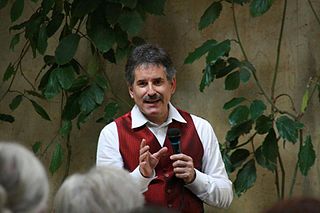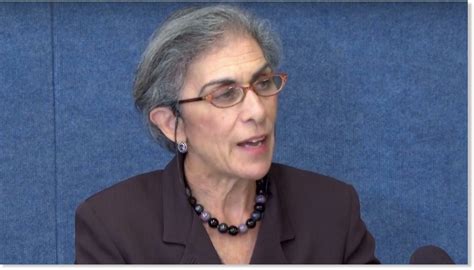A Quote by Mary Gaitskill
Most women at retirement have significantly less money than men, and they still get paid less than men. I'm sure that in my reptile brain I'm quite conscious of this.
Related Quotes
Here's the pay paradox that Why Men Earn More explains: Men earn more money, therefore men have more power; and men earn more money, therefore men have less power (earning more money as an obligation, not an option). The opposite is true for women: Women earn less money, therefore women have less power; and women earn less money, therefore women have more power (the option to raise children, or to not take a hazardous job).






































